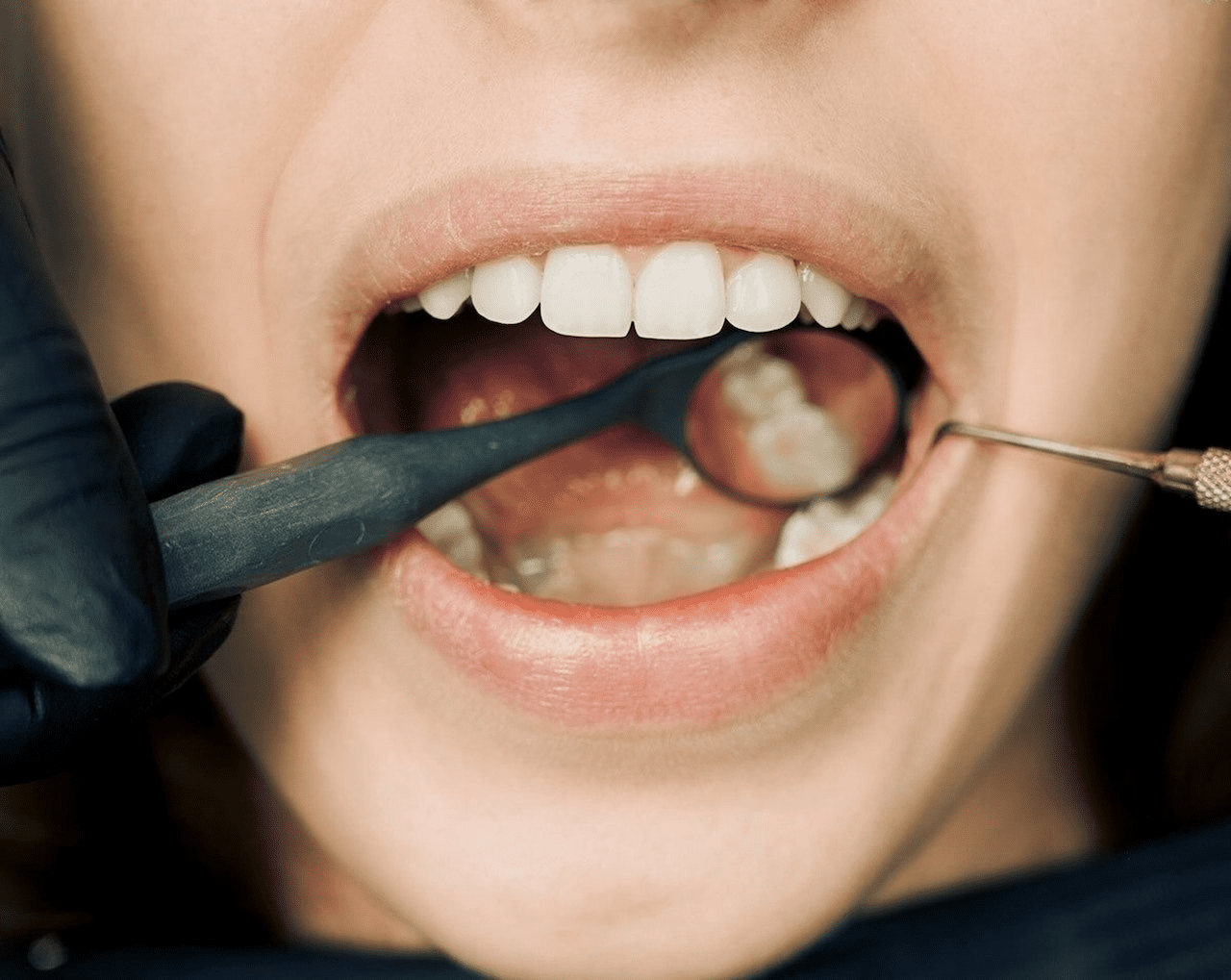Why do tooth fillings fall out? Common Reasons for Tooth Fillings Falling Out: Have you ever wondered why tooth fillings fall out? This can happen for a variety of reasons, including natural wear and tear over time or due to external factors like biting into hard foods. Understanding these common causes can help clarify why this dental issue occurs.
Tooth Fillings Falling Out: Natural Wear and Tear Over Time
One of the most common reasons for tooth fillings falling out is natural wear and tear over time. Dental fillings, much like any other material, are subject to the everyday forces exerted by chewing and grinding. These repetitive actions gradually weaken the filling’s material, whether it’s amalgam, composite, or another type. As the material wears down, it can lead to gaps between the filling and the tooth enamel, which may eventually cause the filling to loosen and fall out.
Furthermore, the longevity of a filling can also depend on its location in the mouth and the size of the original cavity. Larger fillings and those in teeth that perform most of the chewing work, like molars, are especially prone to wear. For more detailed insights on how multiple fillings might affect a single tooth, consider reading Multiple Fillings in a Single Tooth: What You Need to Know.
Impact from Biting Hard Objects
One common reason for tooth fillings falling out is the impact from biting hard objects. When you chew foods that are particularly hard or crunchy, the pressure exerted can be significant. This stress can cause the material of the filling to weaken or break, especially if the filling is old or if the tooth structure supporting it is compromised. Over time, repeated exposure to such forces can lead to a filling loosening and eventually falling out.
While tooth fillings are designed to be durable and withstand the forces of chewing, they are not indestructible. The longevity of a filling can also depend on its material and the precision with which it was placed. If you are experiencing issues with your fillings, consider visiting Trusted Woodstock Tooth Fillings Services for a comprehensive evaluation.
Inadequate Dental Bonding Process
One of the common reasons for tooth fillings falling out is an inadequate dental bonding process. The success of a dental filling largely depends on the proper preparation and application of the bonding agent that secures the filling to the tooth structure. If this bonding process is not performed correctly, it can lead to a weak attachment between the tooth and the filling, making it more susceptible to dislodging under normal chewing forces. This issue can occur with various types of fillings, affecting their longevity and effectiveness in restoring dental health.
Decay around Existing Fillings
One of the common reasons for tooth fillings falling out is decay around existing fillings. Over time, the area around a filling can start to deteriorate, allowing bacteria to infiltrate under the filling. This process can lead to further decay of the tooth structure itself, weakening the bond between the tooth and the filling, and eventually causing the filling to loosen and fall out. Regular dental check-ups are crucial to monitor the condition of fillings and the overall health of your teeth. For more information, consider consulting with a Woodstock Dentist.
Changes in Tooth Structure
Over time, the structure of your teeth can naturally change, which may lead to tooth fillings falling out. Factors such as tooth decay around the existing filling or even the normal wear and tear from biting and chewing can alter the fit and integrity of a tooth filling. As the tooth’s shape evolves, the once snug filling might no longer fit as tightly, making it more susceptible to becoming loose or falling out entirely. This change in the tooth’s structure is a common reason why fillings may need attention over the years.
Temperature-Induced Contraction and Expansion
One of the common reasons for tooth fillings falling out is the temperature-induced contraction and expansion that occurs in the materials used for the fillings. When you consume hot or cold foods and beverages, the filling materials can expand or contract differently than the natural tooth structure. This repeated stress can cause a gap to form between the filling and the tooth, eventually leading to the filling loosening and falling out. Understanding this can help in taking preventive measures, such as avoiding extreme temperature changes in your diet, to prolong the life of your dental fillings.
Poor Initial Placement Techniques
One of the primary reasons for tooth fillings falling out is poor initial placement techniques. When a filling is not properly placed, it can fail to bond effectively with the tooth structure, leading to instability and eventual loss. Factors such as inadequate cleaning of the tooth cavity before placement, incorrect shaping of the space to be filled, or using an inappropriate amount of filling material can all contribute to this issue. Ensuring that the dental professional is experienced and meticulous during the filling procedure is crucial for the longevity of tooth fillings.
Grinding or Clenching Teeth
One prevalent reason for tooth fillings falling out is the habit of grinding or clenching teeth, medically known as bruxism. This repetitive motion can exert excessive force on the filling and the surrounding tooth structure, leading to cracks, loosening, or complete dislodgement of the filling. Individuals who grind their teeth during sleep or in stressful situations may not even be aware of their actions until they notice damage to their dental work. Addressing bruxism is crucial not only to preserve existing fillings but also to protect overall dental health.
Insufficient Aftercare Following Placement
Proper aftercare is crucial to ensure the longevity of a dental filling, yet it is often overlooked, leading to tooth fillings falling out prematurely. After a filling is placed, dentists provide specific instructions meant to protect the integrity of the dental work, including guidelines on eating habits, oral hygiene, and follow-up visits. Ignoring these instructions can result in the weakening of the filling material or the bond between the filling and the tooth structure, ultimately causing the filling to loosen and fall out. Ensuring that you follow your dentist’s aftercare advice can significantly extend the life of your tooth fillings.
Conclusion
Understanding why tooth fillings fall out can help you discuss your dental health more informatively. If you need further information, call us at 678-483-5999 or read our reviews on Google Maps.






